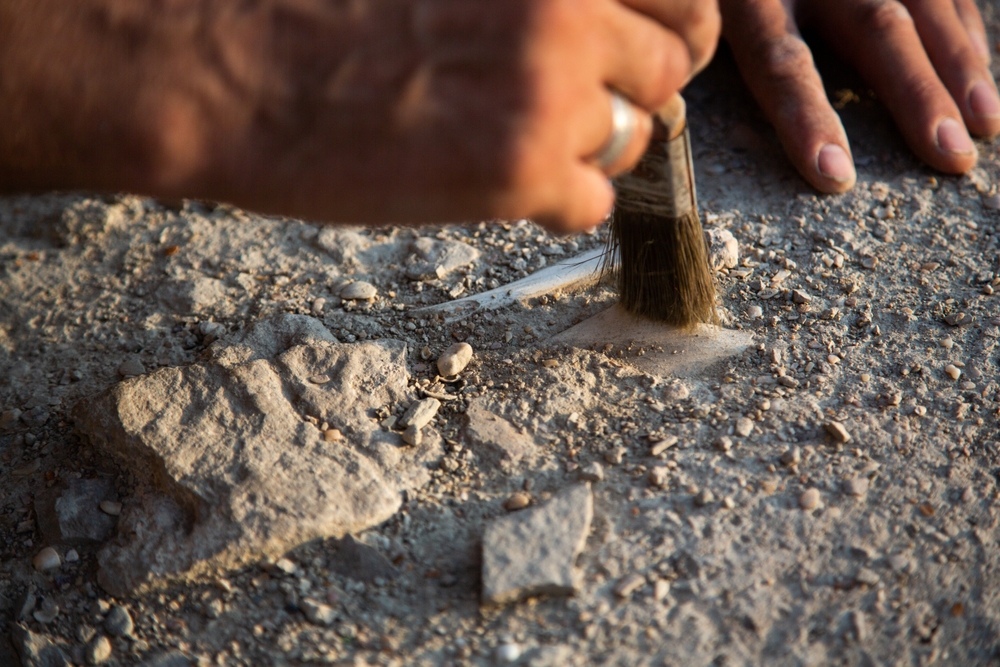This site reveals a remarkable glimpse into a significant Bronze Age conflict.
Others are reading now
In the lush, green valley surrounding the Tollense River in northeastern Germany, archaeologists have made a groundbreaking discovery — Europe’s oldest known battlefield, dating back approximately 3,250 years.
Thousands of Bones Uncovered
This site reveals a remarkable glimpse into a significant Bronze Age conflict that involved around 2,000 warriors, challenging previous assumptions about the scale of battles in ancient Europe.
The discovery began in 1996 when an amateur archaeologist found a bone protruding from the riverbank, according to Digi24.
Subsequent excavations, particularly in 2008, uncovered thousands of bones and hundreds of weapons, including bronze and flint arrowheads, swords, and wooden clubs.
Also read
Many of these artifacts were found still embedded in the remains of fallen warriors, highlighting the brutality of the battle that unfolded here around 1250 B.C.
Challenges Long-Held Beliefs
Notably, the Tollense battlefield sheds light on the dynamics of conflict during the Bronze Age.
Some of the recovered weapons were locally produced, while others bore characteristics typical of regions such as Bavaria and modern-day Moravia. This indicates that the battle likely involved local tribes defending against southern invaders.
Researchers have identified around 300 metal artifacts and 12,500 bones belonging to about 150 warriors who perished during this fierce encounter.
The findings also suggest that a newly constructed dam, which facilitated crossing the Tollense River 500 years prior to the battle, may have been a strategic target.
Thomas Terberger, a co-author of the study, posits that controlling this vital trade route could have been a significant motive for the conflict. However, other experts argue that there is no evidence of metal or salt mining operations at the time, leading to speculation about the true nature of the motivations behind the war.
The discovery at Tollense challenges long-held beliefs about the scale and nature of Bronze Age conflicts and highlights the sophistication of warfare during this era.


